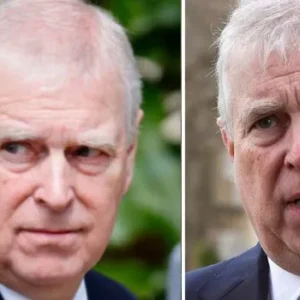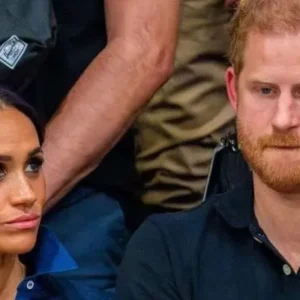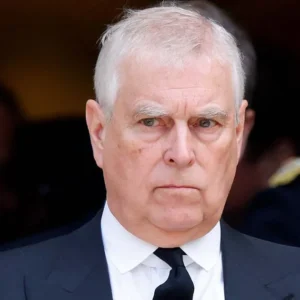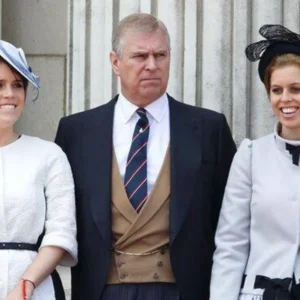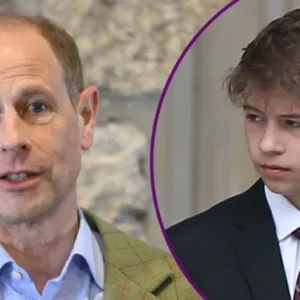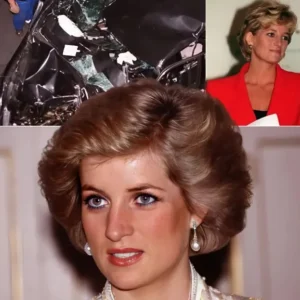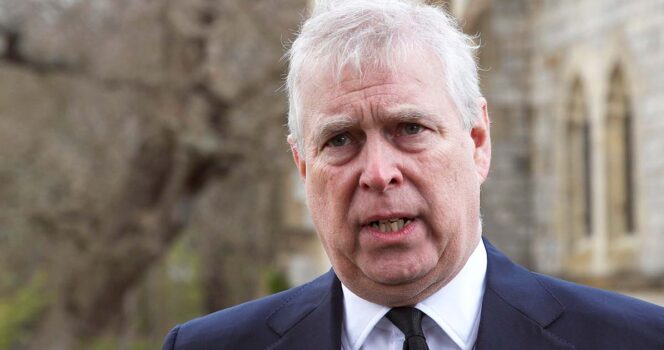
Prince Andrew, Duke of York, has formally relinquished the use of his remaining royal titles following discussions with King Charles III and other senior members of the British royal family. The move comes as renewed public attention has been drawn to his association with the late financier Jeffrey Epstein, whose criminal convictions have continued to cast a shadow over the Duke’s reputation.
Prince Andrew Confirms Withdrawal from Royal Duties
In an official statement released by Buckingham Palace, Prince Andrew said that his decision to step back further from public life was made in consultation with the King and other members of the royal household. He emphasized that he intends to prioritize his family’s stability and support the wider work of the monarchy.
“In discussion with The King, and my immediate and wider family, we have concluded that the continued accusations about me distract from the work of His Majesty and the Royal Family,” the Duke said in a written statement. “I have decided, as I always have, to put my duty to my family and country first. I stand by my decision five years ago to step back from public life.”
He added that, with the King’s approval, he would cease using the titles and honors previously associated with his royal status. Prince Andrew reaffirmed his continued denial of all allegations related to his association with Jeffrey Epstein and has not faced criminal charges in connection with those matters.
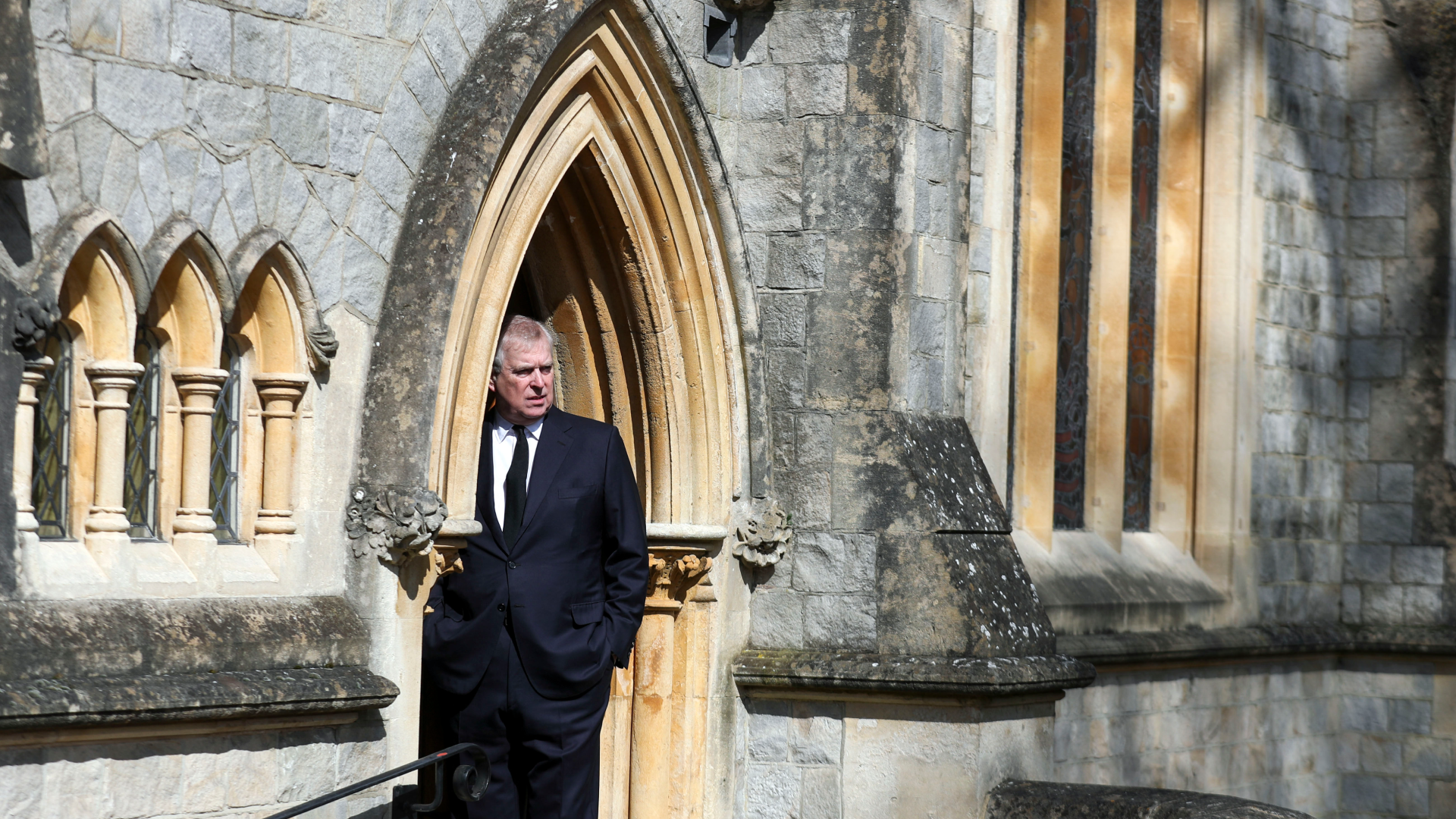
A Gradual Retreat from Public Life
Prince Andrew’s public role has been under intense scrutiny since 2019, when his long-standing friendship with Epstein became the subject of international media coverage. Following a BBC Newsnight interview that same year, in which he addressed the controversy, the Duke stepped back from official royal duties with the late Queen Elizabeth II’s approval.
In January 2022, Buckingham Palace confirmed that Prince Andrew would be returning his honorary military affiliations and royal patronages to the late Queen. The palace’s statement at the time noted that the Duke would continue to hold no public role while defending a civil lawsuit filed against him in the United States by Virginia Giuffre. The case was later settled out of court, with no admission of liability from the Duke.
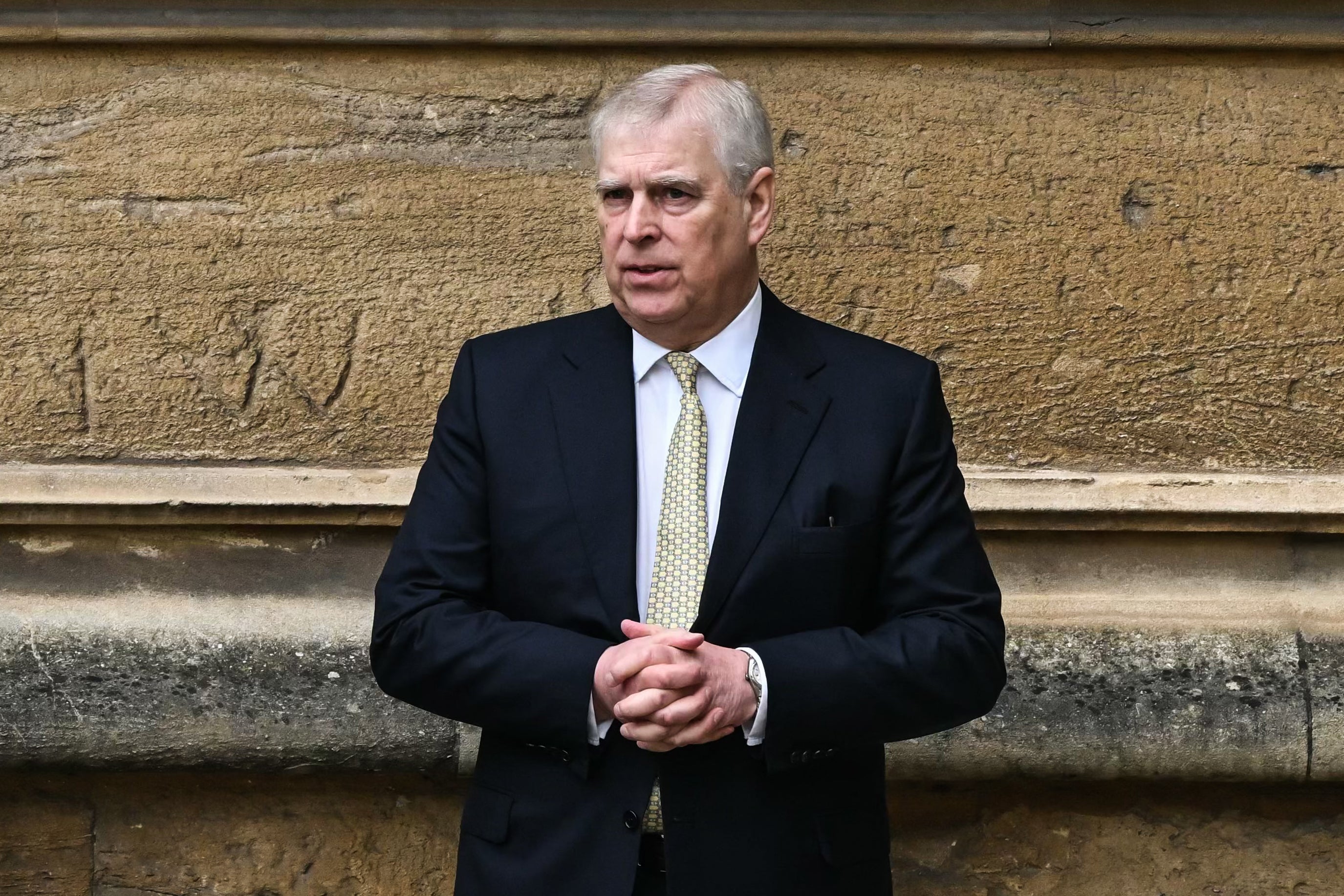
Life in Private Following the Royal Transition
Since withdrawing from public duties, Prince Andrew has largely remained out of the spotlight. According to reporting by The Guardian and BBC News, he resides primarily at the Royal Lodge in Windsor, maintaining a low profile and focusing on private affairs. While he continues to appear at select family events, he has not undertaken official engagements on behalf of the Crown.
Royal correspondents have described the Duke’s recent actions as part of an effort to protect the institution of the monarchy and allow King Charles III to focus on his reign without renewed controversy surrounding his brother.
Public Perception and Royal Reputation
Prince Andrew’s decision to relinquish the use of his remaining titles reflects an acknowledgment of ongoing public concern and the need for the royal family to maintain transparency and accountability. Analysts from The Telegraph and Sky News note that the move aligns with King Charles’s broader goal of streamlining the monarchy’s public-facing roles and restoring trust in the institution.
While the Duke of York remains a member of the royal family by birth, he will no longer represent the Crown in any official capacity. Buckingham Palace has not confirmed whether this decision will have long-term implications for his royal privileges, though it is widely viewed as a significant symbolic gesture.
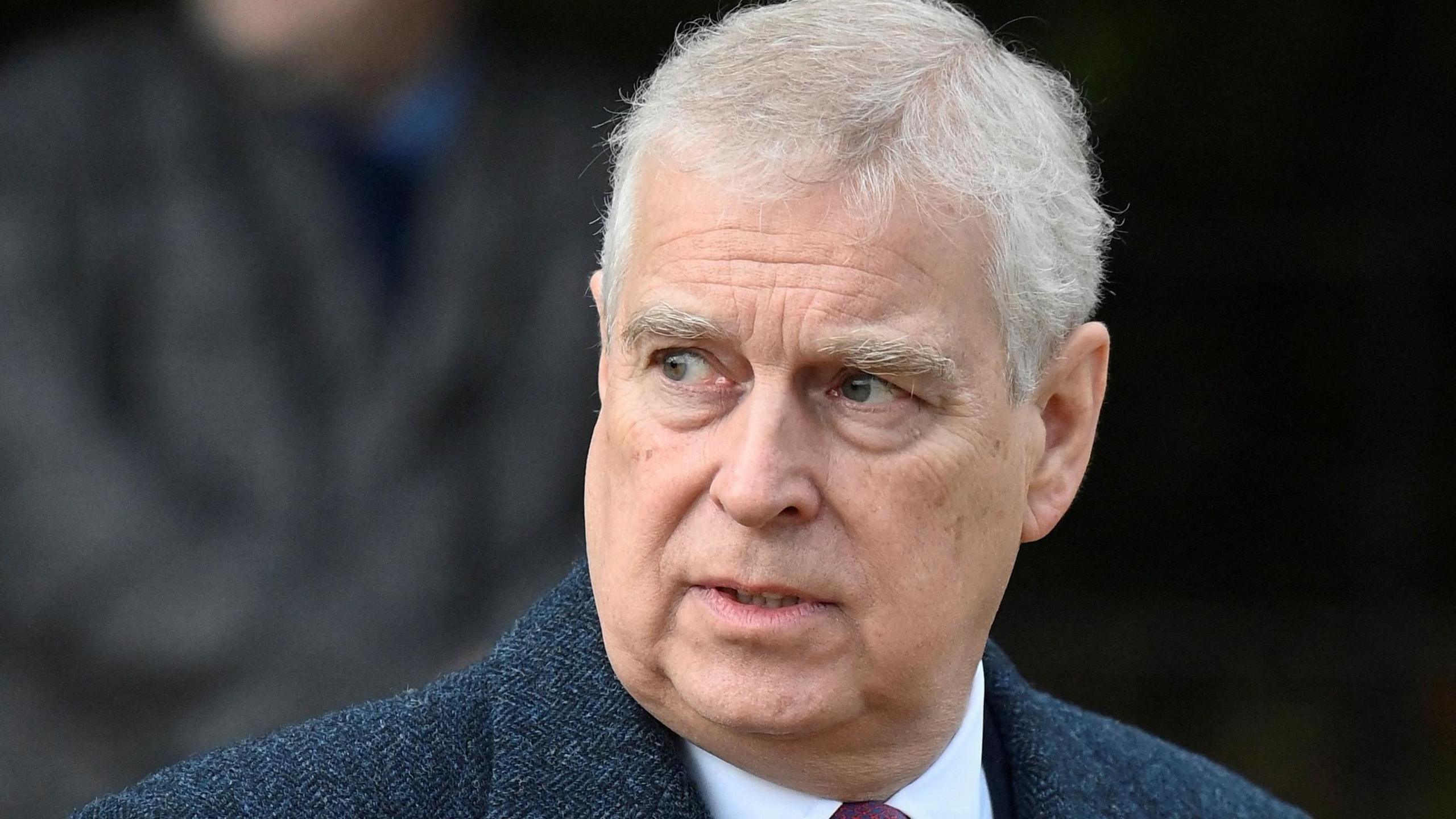
Reports from Royal Biographers
Royal historian and biographer Andrew Lownie, author of Traitor King and The Mountbattens, recently published a book titled Entitled: The Rise and Fall of the House of York, which explores the Duke’s personal and professional life. The book includes accounts from individuals who worked with or observed Prince Andrew over the years, offering insights into his personality and his adjustment to private life following his withdrawal from public duties.
Lownie’s book focuses on the broader evolution of the York branch of the royal family, tracing the challenges faced by Prince Andrew, Sarah Ferguson, and their daughters, Princess Beatrice and Princess Eugenie. The author highlights the shifting expectations of royal figures in modern Britain and the increasing public demand for accountability within the monarchy.
It is important to note that the descriptions and perspectives shared in such biographical works represent the views of their contributors and are not official palace statements. Buckingham Palace has not commented on the personal claims included in Lownie’s book.
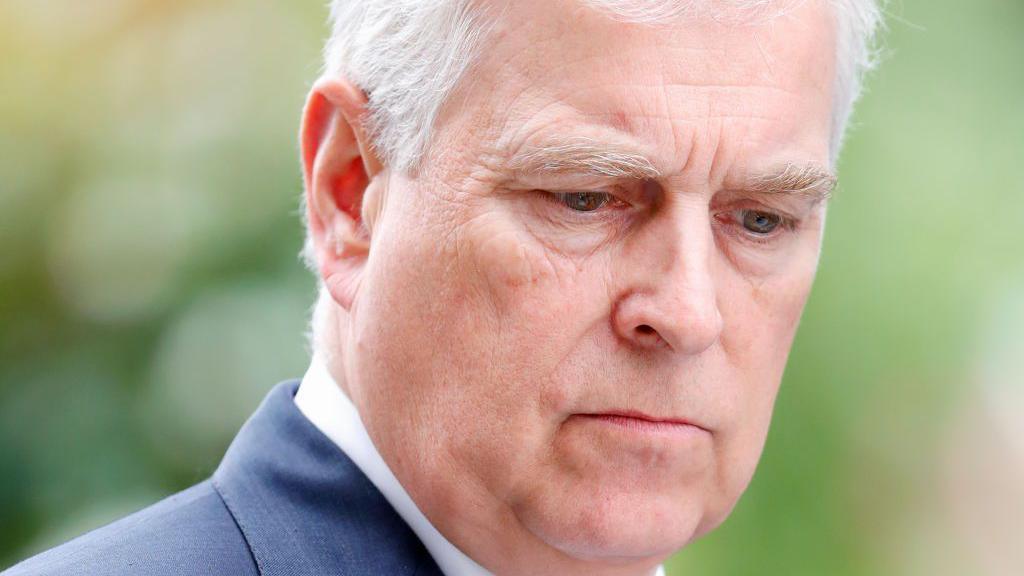
Virginia Giuffre’s Civil Case and Broader Implications
Virginia Giuffre, one of Epstein’s accusers, filed a civil lawsuit against Prince Andrew in 2021, alleging that she was sexually abused when she was a minor. Prince Andrew consistently denied the allegations and settled the case out of court in February 2022 for an undisclosed amount, with no admission of guilt or liability.
According to BBC News and Reuters, the settlement was intended to avoid prolonged legal proceedings and further distress for both parties. The Duke also agreed to make a charitable donation to a support organization for victims of abuse as part of the resolution.
The case has had lasting effects on public perceptions of the Duke, who has since expressed a desire to focus on rebuilding his private life away from the royal spotlight. Buckingham Palace has reiterated that the Duke’s decisions regarding his public role were made with the support of the late Queen Elizabeth II and King Charles III.
King Charles III’s Approach to the Matter
King Charles III has remained focused on guiding the royal family through a period of modernization and renewal. As reported by The Guardian and Sky News, the King has emphasized maintaining the integrity of the monarchy while ensuring that its members adhere to clear ethical and public standards.
Sources close to Buckingham Palace have indicated that the decision regarding Prince Andrew’s titles was handled privately and respectfully, reflecting the King’s preference for resolving family matters discreetly but decisively. This approach aligns with the monarchy’s efforts to balance family loyalty with public accountability.
A Turning Point for the Royal Family
Prince Andrew’s withdrawal marks one of the most significant internal shifts in the British royal family in recent years. It serves as a reminder of the changing expectations placed on modern royals, especially regarding transparency, personal conduct, and the distinction between public service and private life.
While the Duke of York no longer carries out official duties, he remains part of major family occasions and continues to live quietly under royal protection. His daughters, Princess Beatrice and Princess Eugenie, continue to represent the family in a limited capacity through their charitable work and public appearances.
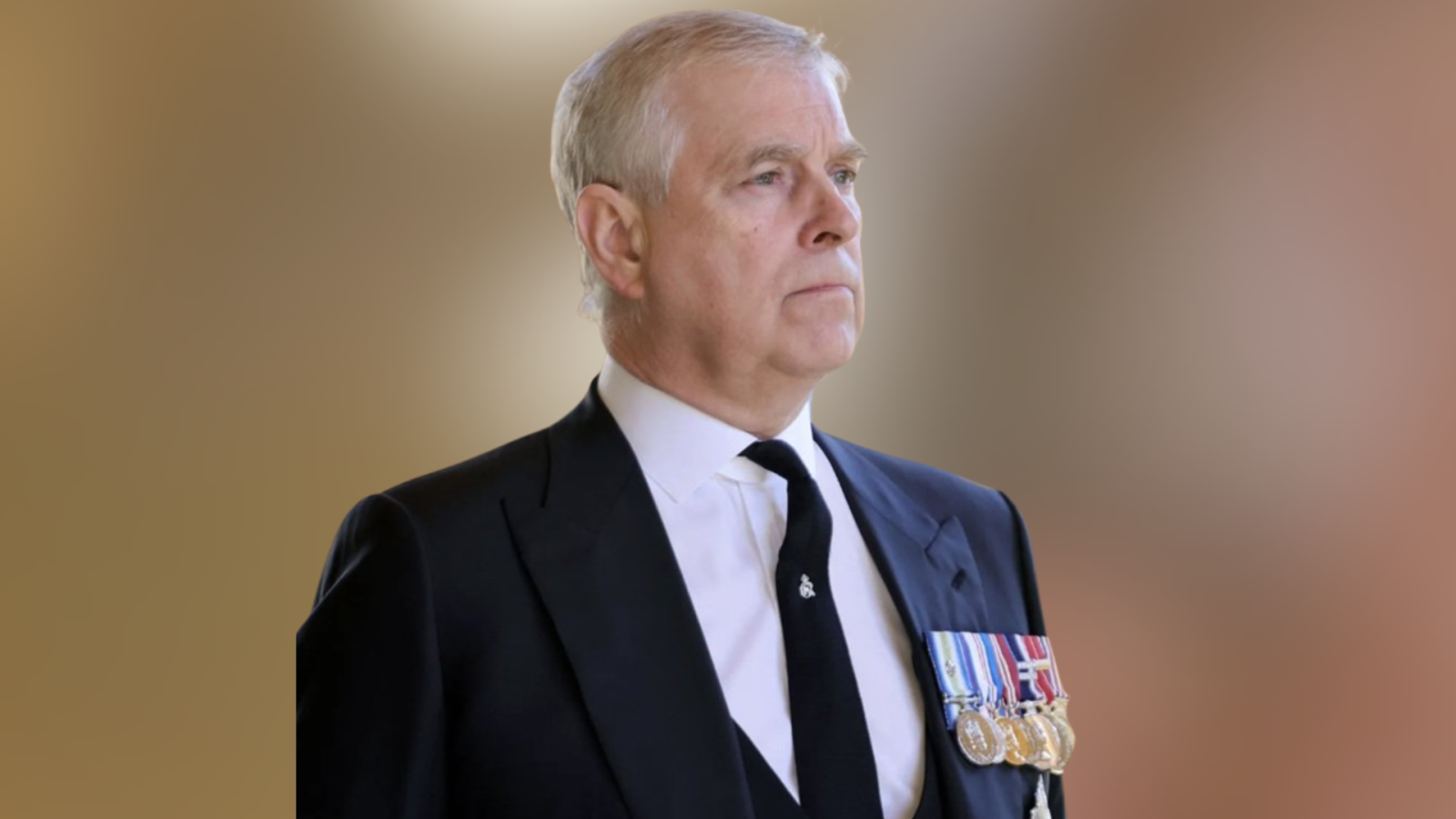
Conclusion
Prince Andrew’s decision to relinquish his remaining royal titles represents a final step in his transition from public royal duties to private life. Though his associations and past controversies have left a lasting impact, the move underscores a broader effort within the monarchy to preserve public trust and focus attention on its constitutional and charitable roles.
As the royal family continues to evolve under King Charles III’s leadership, the emphasis remains on transparency, service, and accountability — principles that are essential to maintaining the monarchy’s relevance in the modern era.
